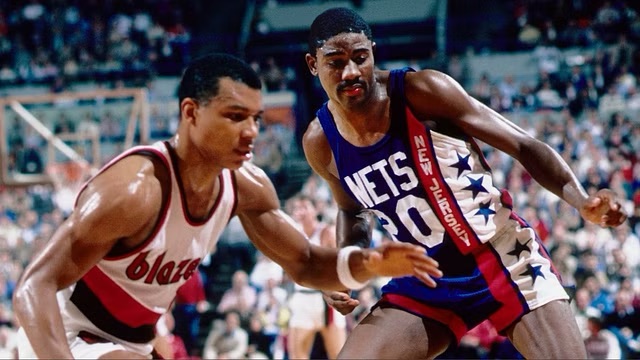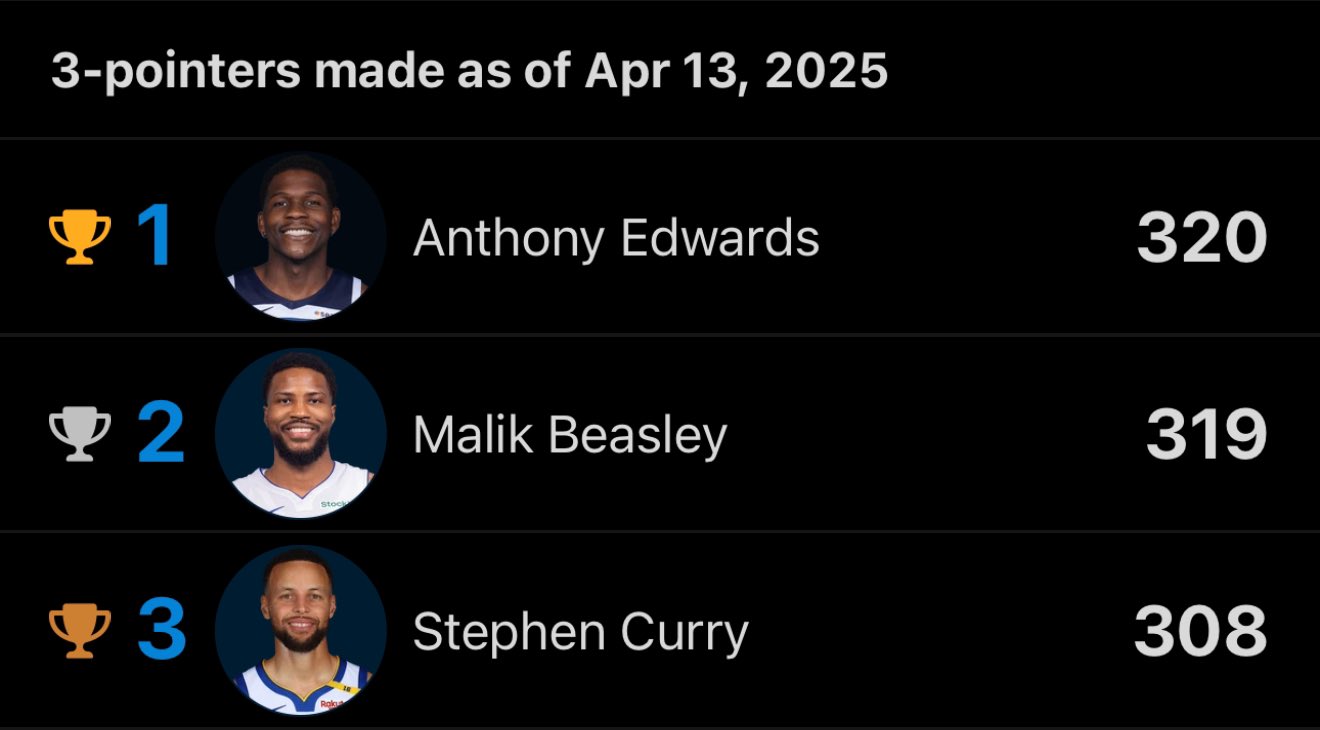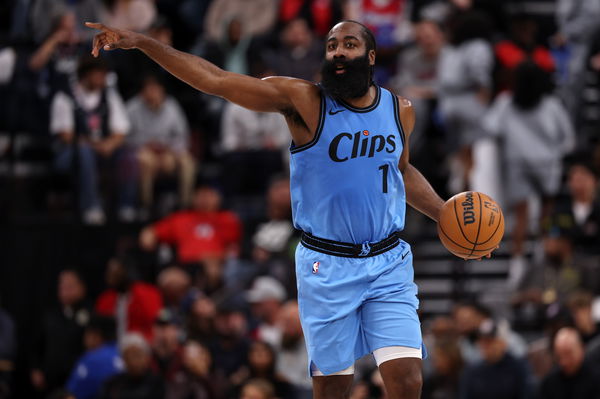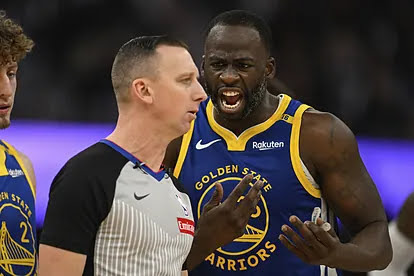Michael Ray Richardson recently opened up about the drug culture that permeated the NBA during the 1980s, a period often overshadowed by widespread cocaine use. Richardson, a four-time NBA All-Star, was the first player in league history to be banned due to drug addiction, making his insights both personal and revealing. Speaking to The Guardian, Richardson recounted the rampant availability of drugs, even on the court, as players openly exchanged contact for post-game meetups to score illicit substances. His recollections offer a startling glimpse into an era of excess that marred the league’s image.
The tragic death of Len Bias, a promising number two pick from the 1986 NBA draft, loomed heavily in Richardson’s conversation. Bias, just 22, died from a drug overdose mere hours after being drafted by the Boston Celtics—a chilling wake-up call for the league and its players. Richardson reflected on the heartbreak of that moment, labeling it as a sobering reminder of the dangers that drugs posed. It was also the year that Richardson himself was banned from the NBA, marking a pivotal shift in how the league dealt with addiction.
Richardson didn’t just stop at recounting his own struggles and the downfall of Bias; he pointed out that drug use extended far beyond the players. Coaches and executives were also entangled in addiction, though alcohol was often their vice. Richardson recalled how some coaches, including his own in the Continental Basketball Association, were regularly seen drunk after games. Alcohol abuse was almost normalized back then, with little effort made to curb the problem.
The NBA has since moved on from the destructive patterns of the 1980s. Today, the league emphasizes drug prevention and awareness, keenly promoting the dangers of addiction. Richardson also underscored the rise of a new threat—fentanyl, a potent opioid that has claimed countless lives in recent years. He warned that unlike the 80s, where cocaine and heroin were the primary culprits, today’s drugs are mixed with fentanyl, making them even deadlier.
In closing, Richardson’s message was clear: drugs and alcohol are ruthless equalizers, indifferent to fame or talent. The painful lessons of the past have shaped today’s NBA, where players are more aware and careful, thanks in no small part to the hard truths revealed by figures like Richardson.




